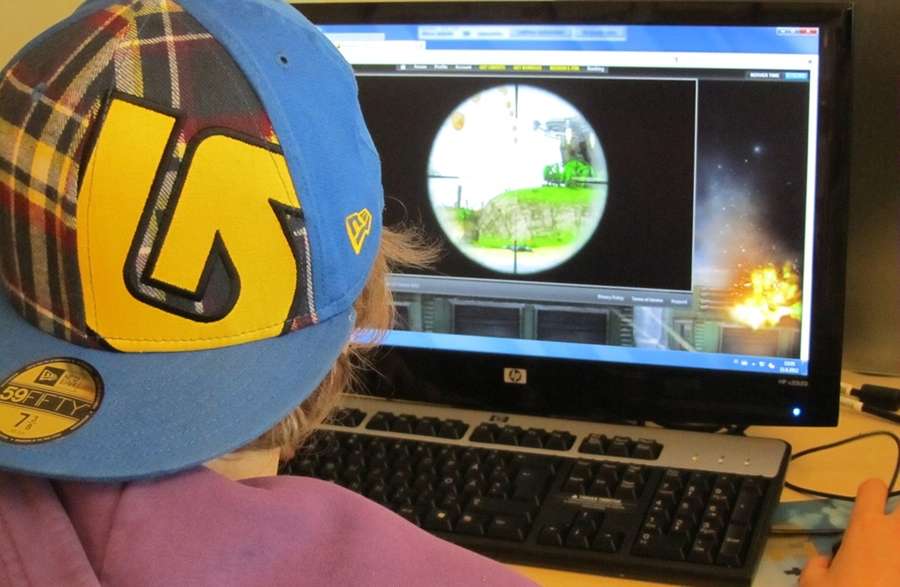Computer Games for Kids

The incredible phenomenon that it has now become, gaming has spawned perhaps in equal measure enthusiastic aficionados and rabid detractors. The immense popularity of computer and video games has lead to an inevitable backlash, with some studies establishing negative links between gaming and academic achievement. Modern parents who spare no effort in giving their young children a competitive edge, are confronted with a peculiar dilemma: are they are in fact hurting their child’s cognitive and social development in their attempt to make them smart and savvy?
Clearly, this is a matter where a simplistic approach is inadequate and misleading. Many studies do not take into account vital factors like the disparate types of games involved (educational/ entertainment/ violent), the proportion of time spent gaming in relation to other real-time activities essential to development (sport, creative pursuits, reading, etc) and the child’s IQ and socio-economic status.
Recent studies have established that video and computer games help improve spatial and problem solving skills, and hand-eye coordination. Will Wright, the creator of 'Sims' believes that gaming helps develop children's imagination by encouraging them to create, work independently and find solutions to problems through trial and error. Best of all, there seems to be a positive link between exposure to educational games and academic performance.
Ultimately, gaming is only what we choose to make it – an unwholesome addiction if used recklessly, or a powerful, entertaining, educational tool when tempered with moderation and common sense.
Simple Steps Towards Initiating Healthy Gaming Habits for Kids:
- Allow only age-appropriate games: levels too high will shake their confidence, and anything too low poses no challenge, and therefore has little educational value. It might be worth the parent taking a little time to play with their kids to judge their level of comfort.
- Request schools and teachers to recommend games and websites. Educators are best equipped to identify games that aid learning.
- Restrict access to the Internet by setting passwords to block inappropriate content.
- Set clear time limits for computer games, and complement electronic media with plenty of social interaction and outdoor activity, especially when the children are with friends.
- Introduce variety – different types of computer games offer different benefits, from improving logic and reasoning to hand-eye co-ordination to memory. Minimise exposure to violent games.
- Set a good example: If you are a game player, you will have to have healthy habits yourself, only then can you expect your kids to take you seriously. Ensure that the kids are aware that you balance your time on the computer with healthy doses of exercise and social interaction.
Kid-Friendly Computer Games You Will Be Happy to Let Your Children Enjoy:
- Sims: a bestseller life simulation game where the player can control the lives and activities of the characters in the game, either pre-made or made by the player.
- Club Penguin: where kids can chat, make penguin friends, host and attend parties, and decorate igloos.
- Neopets: Visitors can earn Neopoints by playing games, and use them as currency to buy things for the Neopets that they adopt.
- Rub-a-Dub: Rubber ducks have to be guided into water-filled tubs and kept safe from sharks. The game has various levels of difficulty.
- World of Goo: is a puzzle game based on physics, and play involves the creation of large structures with balls of goo.